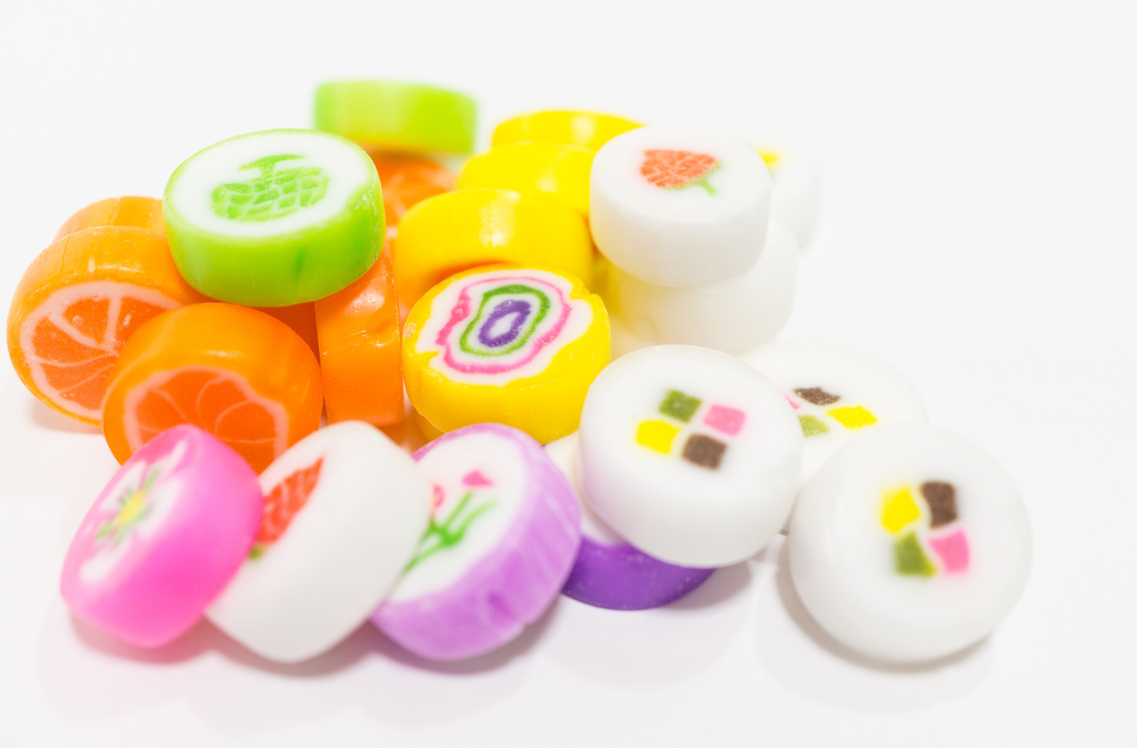目录
犹太洁食明胶:您需要了解的内容
犹太明胶是一个经常引起遵循犹太饮食的人的疑问和困惑的话题。明胶是许多食品中的常见成分,包括糖果、甜点,甚至一些药物。然而,并非所有明胶都被认为是犹太洁食,因为它可能来自非犹太洁食来源,例如猪或其他未按照犹太饮食法屠宰的动物。

对于那些坚持犹太饮食的人来说,了解犹太明胶和非犹太明胶之间的区别以及如何识别哪些产品可以安全食用非常重要。犹太洁食明胶由犹太洁食来源制成,例如以犹太洁食方式屠宰的鱼或牛。这意味着动物被快速、无痛地杀死,并根据犹太法律排出血液。
对明胶的主要担忧之一是它通常源自动物骨骼、皮肤和结缔组织中的胶原蛋白。这可能会给那些遵守犹太洁食的人带来问题,因为动物的某些部分被认为是非犹太洁食的,因此不能食用。为了使明胶被视为犹太洁食,它必须由犹太洁食来源制成,并以符合犹太饮食法的方式加工。
有多种方法可以确定产品是否含有犹太洁食明胶。一种选择是在包装上寻找犹太洁食认证符号,例如 OU 符号或 Star-K 符号。这些符号表明该产品已获得信誉良好的犹太洁食认证机构的犹太洁食认证。另一种选择是检查成分列表中是否提及明胶,然后联系制造商询问明胶的来源。
| 微生物指标: | ||||||
| 项目 | 单位 | 指标要求 | 测试结果 | |||
| 菌落总数 | 菌落形成单位/克 | ≤10000 | 500 | |||
| Salmonella | /25g | Must not be checked out | Not checked out | |||
| Coliform bacteria | MPN/g | ≤3 | <0.3 | |||
| Source | Safety non-epidemic area | |||||
| Inspection conclusion | Qualified | |||||
It is also important to note that not all kosher gelatine is created equal. Some kosher gelatine products may still be processed in facilities that also handle non-kosher ingredients, which can pose a risk of cross-contamination. For those who follow a strict kosher diet, it is recommended to look for products that are certified as kosher for Passover, as these products are held to a higher standard of kosher certification.
In recent years, there has been a growing demand for kosher gelatine alternatives. One popular option is agar-agar, a plant-based gelatine substitute made from Seaweed. Agar-agar is often used in vegan and vegetarian recipes as a thickening agent and can be a suitable alternative for those who do not consume Animal Products.
In conclusion, kosher gelatine is a complex topic that requires careful consideration for those who follow a kosher diet. By understanding the differences between kosher and non-kosher gelatine, as well as how to identify kosher products, individuals can make informed choices about what they consume. With the growing availability of kosher gelatine alternatives, there are now more options than ever for those looking to maintain a kosher lifestyle.
Exploring the Differences Between Kosher and Non-Kosher Gelatine
Gelatine is a common ingredient found in many food products, cosmetics, and pharmaceuticals. It is a Protein derived from Collagen, which is typically sourced from animal bones and connective tissues. However, not all gelatine is created equal, as there are significant differences between kosher and non-kosher gelatine.
Kosher gelatine is produced in accordance with Jewish dietary laws, known as kashrut. These laws dictate what foods are permissible for consumption and how they must be prepared. In the case of gelatine, kosher certification ensures that the source of the collagen used is from animals that have been slaughtered in a specific manner and that no non-kosher ingredients have been added during the production process.
Non-kosher gelatine, on the other hand, may be sourced from animals that have not been slaughtered in accordance with Jewish dietary laws or may contain non-kosher additives. This means that products containing non-kosher gelatine are not suitable for consumption by observant Jews.
One of the key differences between kosher and non-kosher gelatine is the source of the collagen used. Kosher gelatine is typically derived from animals that have been slaughtered by a trained Jewish butcher in a process known as shechita. This method of slaughter is considered humane and is believed to minimize the suffering of the animal. In contrast, non-kosher gelatine may be sourced from animals that have been slaughtered using methods that are not in line with Jewish dietary laws.
Another important distinction between kosher and non-kosher gelatine is the additives that may be used during the production process. Kosher gelatine must be free from any non-kosher ingredients, such as Pork or Shellfish derivatives, as well as any additives that are not permitted under Jewish dietary laws. Non-kosher gelatine, on the other hand, may contain a variety of additives that are not suitable for consumption by observant Jews.
In addition to the source of the collagen and the additives used, there are also differences in the certification process for kosher and non-kosher gelatine. Kosher gelatine must be produced under the supervision of a rabbi or a kosher certification agency to ensure that it meets the strict requirements of Jewish dietary laws. Non-kosher gelatine, on the other hand, may not be subject to the same level of oversight, making it difficult for consumers to determine whether it meets their dietary restrictions.

For individuals who adhere to a kosher diet, choosing products that contain kosher gelatine is essential to maintaining their dietary observance. By selecting products that are certified kosher, they can be confident that the gelatine used meets the requirements of Jewish dietary laws and is free from any non-kosher ingredients or additives.
In conclusion, the differences between kosher and non-kosher gelatine are significant and can have a significant impact on individuals who adhere to a kosher diet. By understanding the source of the collagen, the additives used, and the certification process, consumers can make informed choices about the products they consume. Whether you follow a kosher diet or not, being aware of these differences can help you make more informed decisions about the foods you eat.
The Benefits of Using Kosher Gelatine in Your Cooking and Baking
Kosher gelatine is a versatile ingredient that can be used in a variety of cooking and baking recipes. It is made from the collagen found in animal bones and skin, which is then processed into a tasteless, odorless, and colorless powder. One of the main benefits of using kosher gelatine is that it is certified kosher, meaning it meets the dietary requirements of Jewish law. This makes it suitable for use in kosher kitchens and for those who adhere to a kosher diet.
In addition to being kosher, gelatine is also a great ingredient to use in cooking and baking because of its unique properties. Gelatine is a gelling agent, which means it can help thicken and set liquids to create a variety of dishes such as jellies, mousses, and marshmallows. It can also be used to stabilize whipped Cream and create smooth textures in Desserts like panna cotta and cheesecake.
Another benefit of using kosher gelatine is that it is a natural ingredient that is free from artificial additives and preservatives. This makes it a healthier alternative to other thickeners and Stabilizers that may contain Chemicals or allergens. Kosher gelatine is also low in calories and fat, making it a good option for those looking to reduce their intake of unhealthy ingredients.
When using kosher gelatine in your cooking and baking, it is important to follow the instructions on the packaging to ensure that it sets properly. Gelatine needs to be dissolved in hot liquid before being added to a recipe, and it should be allowed to set in the refrigerator for a few hours before serving. It is also important to note that gelatine is not suitable for vegetarians or vegans, as it is derived from animal sources.
In conclusion, kosher gelatine is a versatile and healthy ingredient that can be used in a variety of cooking and baking recipes. Its kosher certification makes it suitable for use in kosher kitchens, and its natural properties make it a healthier alternative to other thickeners and stabilizers. By following the instructions on the packaging and experimenting with different recipes, you can discover the many benefits of using kosher gelatine in your cooking and baking.
